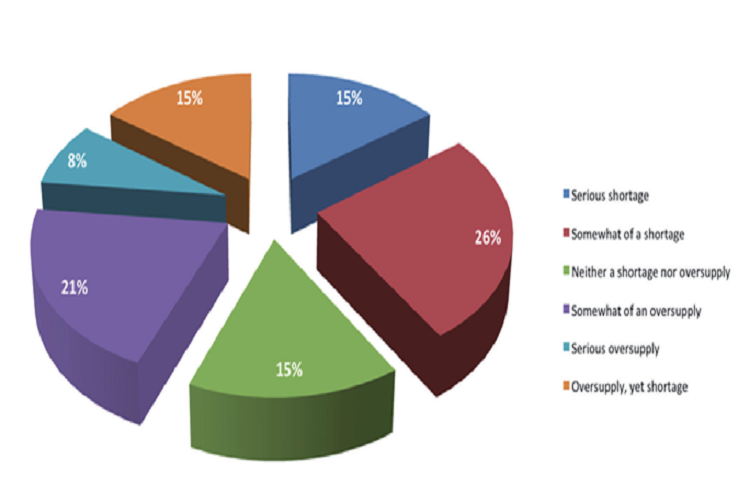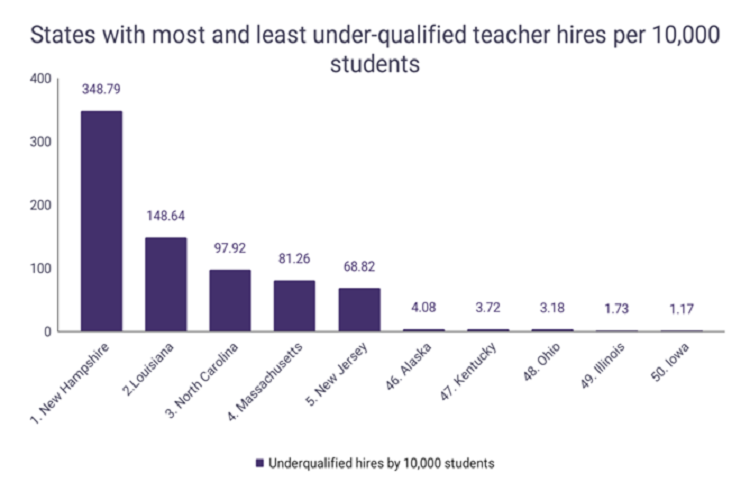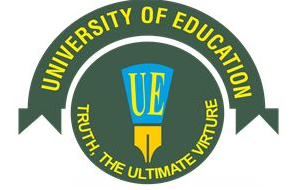“The illiterate of the 21st century will not be the ones who cannot read or write, but the ones who cannot learn, unlearn and learn again”- Alvin Toffler
While dictionaries may define a “teacher” as someone who educates within an academic institution, their role extends far beyond this simple description. Teachers are more accurately described as beacons of knowledge, guiding and shaping the students who represent the future architects of our world. Among all factors related to schooling, teachers play a pivotal role in the comprehensive development of students. However, research reveals that more than 60% of the teachers in England are unqualified and they are catering to almost 60,000 students. The numbers already suggest that schools are paying their school staff for safeguarding children’s future while their education standards are at risk.
Filling the Gaps in Education
Teacher training is an ongoing process that aims to enhance instructional skills, master new knowledge, and develop fresh proficiencies among educators. This, in turn, leads to improved student learning outcomes. Training is a crucial aspect of a teacher’s career for several reasons.

Source: researchgate.net
Firstly, for newcomers, teaching for the first time can be a daunting task. If an educator struggles to effectively convey information or engage their students, the educating process falters, potentially leading to disinterest among students. Secondly, it encompasses more than delivering lectures; it requires a diverse skill set. Regular training sessions help familiarize instructors with the latest technology and equip them with essential competencies such as classroom management, effective use of time, pedagogical expertise, and contextual understanding.
As a result, training should be an ongoing endeavor rather than an annual event to ensure teachers stay up-to-date with the latest teaching methodologies and guidelines. The World Development Report on Education (2018) emphasizes the importance of teacher skills and motivation, advocating for consistent, personalized training to drive improvements in learning outcomes.
What Are The Primary Purposes Of Training?
If you are wondering what you can gain from a teacher training course , here are some of the primary purposes:
- A training program for teachers can allow them to be tech-savvy and develop the technical skills required to encourage students to study.
- It will also improve the instructional ability and responsibility of the teachers while allowing them to plan fun and engaging activities.
- It also gives valuable insights into how to observe students, their behavior, nature, and mentality.
- Teachers can find new ways for their students engaged and intrigued even while delivering the most complicated or boring topics.
- Newbies can learn to improve their time management, problem-solving, and teaching skills
- Educators can apply various knowledge-based activities such as debates, quizzes, and group discussions to enhance collaboration and communication.
- Proper training will increase awareness about student issues especially when dealing with children with special needs.
Adapting to Evolving Classrooms

Source: wordsrated.com
With the onset of the pandemic, the education industry had to undergo a massive change with digitalization. Here is how the classrooms evolved from their traditional versions:
- Digital Resources
Today’s students have access to a vast array of online resources. However, without proper guidance and support from educators, students may struggle to navigate these resources effectively.
- Online Learning
The surge in online enrollments necessitates that teachers be prepared to teach in the digital realm and offer assistance to students in this environment.
Strategic Adjustments
Teacher training should focus on developing the following attributes among educators, enabling them to effectively teach and inspire 21st-century students.
- Digital Proficiency
Training sessions should align with the needs of tech-savvy Generation Z students, who are accustomed to open-source learning platforms. Teachers must possess up-to-date knowledge and skills to address student inquiries and provide guidance. Furthermore, teachers must stay current with changes in the education landscape.
- Real-world Integration
Modern education demands the integration of real-world experiences into the curriculum. Training should promote interactive and engaging learning experiences by connecting concepts with real-life situations.
- Effective Communication
The ability to convey complex concepts in a simplified manner is essential for teachers to effectively support diverse groups of students. Clear communication without ambiguity is paramount.
- Subject Mastery
Teachers must possess a deep understanding of their subject matter. This proficiency enables teachers to devise innovative educational approaches in the ever-evolving educational landscape. Effectiveness in explaining concepts reflects the teacher’s skill. Additionally, teachers should be adept at managing students from diverse backgrounds and varying abilities.
- Guidance and Support
Effective education involves holistic student development, requiring teachers to motivate, support, and guide students. As the saying goes, teachers shape the lives of their students.
Institutional Emphasis on Training and Development
Every educational institution should establish a dedicated training and development unit. This unit should identify the need for timely and relevant training, ensuring it reaches the right individuals via appropriate channels on relevant topics. Pre-service and on-the-job training are popular methods for training academic staff.
These components are inseparable, and in-service training is crucial for optimal teaching and learning outcomes. It is a skill that can be acquired; it is not solely an inherent trait. Outstanding academic achievements do not guarantee success as a teacher. A remarkable educator leaves an enduring impact on students’ minds, enhancing their learning journey.
Train Your Educators To Brighten The Future Of Your Learners
Learning is never ending and instructors should welcome new technologies and upgrades with open arms. Knowledge is an invaluable asset, and teachers serve as conduits through which this knowledge is shared. Consequently, equipping teachers with the necessary skill set is just as critical as imparting knowledge to students. Thus teacher training courses like Primary Teacher Training Courses , nursery teacher training courses , or Montessori teacher training courses will not only guide teachers on how to increase their communications skills but will also allow them to keep their behavior in check with the learners.

